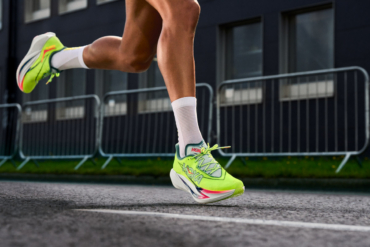The Union Cycliste Internationale (UCI) announced Thursday it will change its transgender guidelines, following 3 days of meetings.
Transgender cyclists will now observe a new set of rules under UCI regulations. “Stricter and more restrictive” than the International Olympic Committee (IOC)’s guidelines, the new rules are even tighter.
The governing body announced the changes, which constitute the first major revision to the docket since 2020, on Thursday. They take effect July 1.
Two key metrics will change. First, the “transition period” to low testosterone will increase from 12 to 24 months. Second, the maximum permitted plasma testosterone level will decrease from its current level of 5 nmol/L to 2.5 nmol/L.
The changes aim to level the playing field and, per the UCI, focus especially on trans women (i.e., those transitioning from male to female).
In a Thursday statement, the UCI asserted that 2.5 nmol/L “corresponds to the maximum testosterone level found in 99.99 percent of the female population.” The studies it considered in its decision, it said, also showed that testosterone adjustments take “much longer” to adjust muscle mass and muscle strength/power to typical female levels than previously shown.
For that reason, it extended its transition period, during which it prohibits athletes to which the rule applies from competing.
Emily Bridges Barred; New Trans Athlete Policy in Context
Notably, the rule change means the UCI will bar Emily Bridges — whom it also blocked from competing at the National Omnium Championships in February in what would have been her debut in a women’s race — from competing in similar events until 2023.
View this post on Instagram
The governing body made the announcement after 3 days of meetings with its management committee in Arzon, France. It said it started reconsidering its transgender rules based on several scientific studies published in 2020 and 2021.
The new UCI policy also effectively becomes USA Cycling’s protocol for transgender athletes at the “Elite” level. While USA Cycling allows athletes to self-select their gender identity at non-elite levels, it defers to UCI rules for professionals and everyone riding above category 2.
The UCI stated its new rules “may change in the future as scientific knowledge evolves.” It also proposed starting a research program alongside “other International Federations” that would aim to study highly trained athletes’ performance under transitional hormone treatment.
Professor Xavier Bigard published the study the UCI used as a reference for the policy changes. You can read it in full online.








